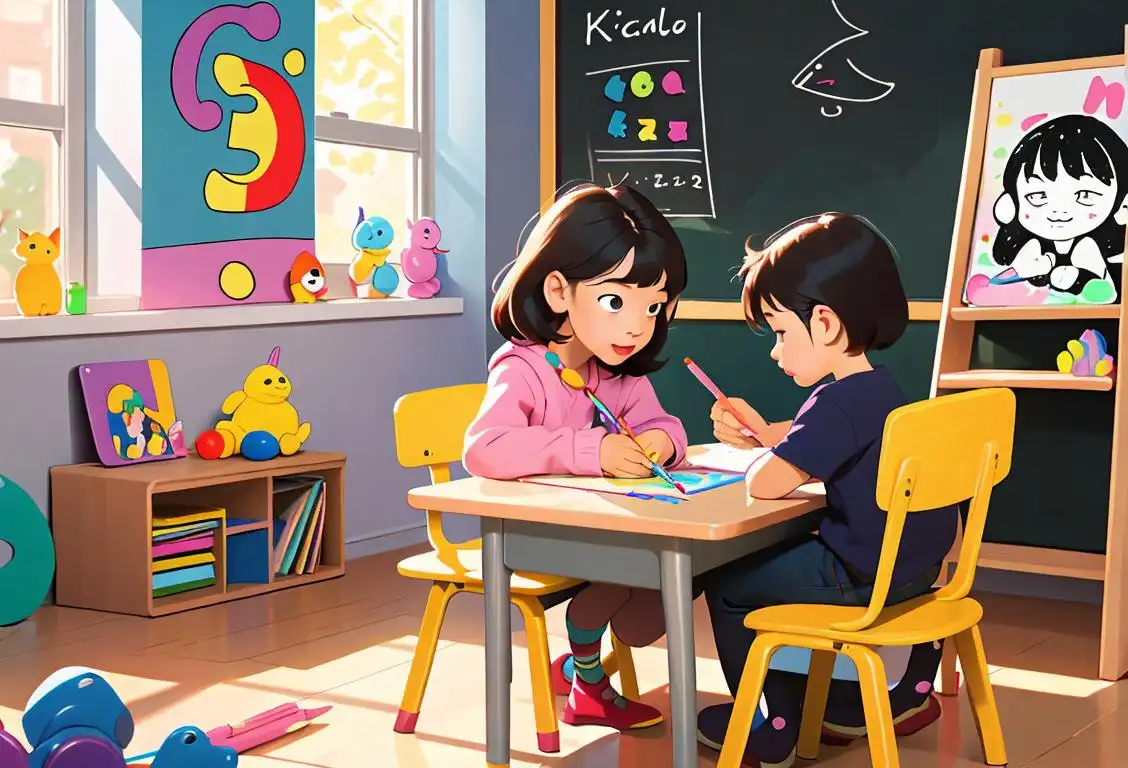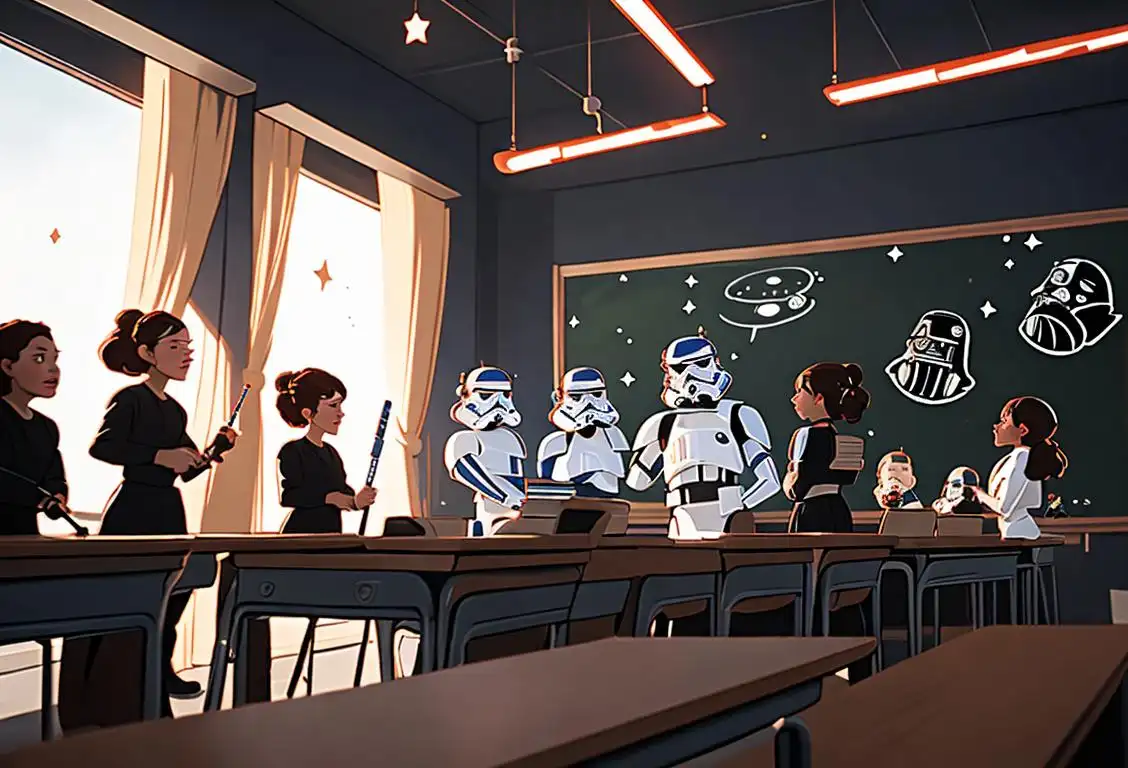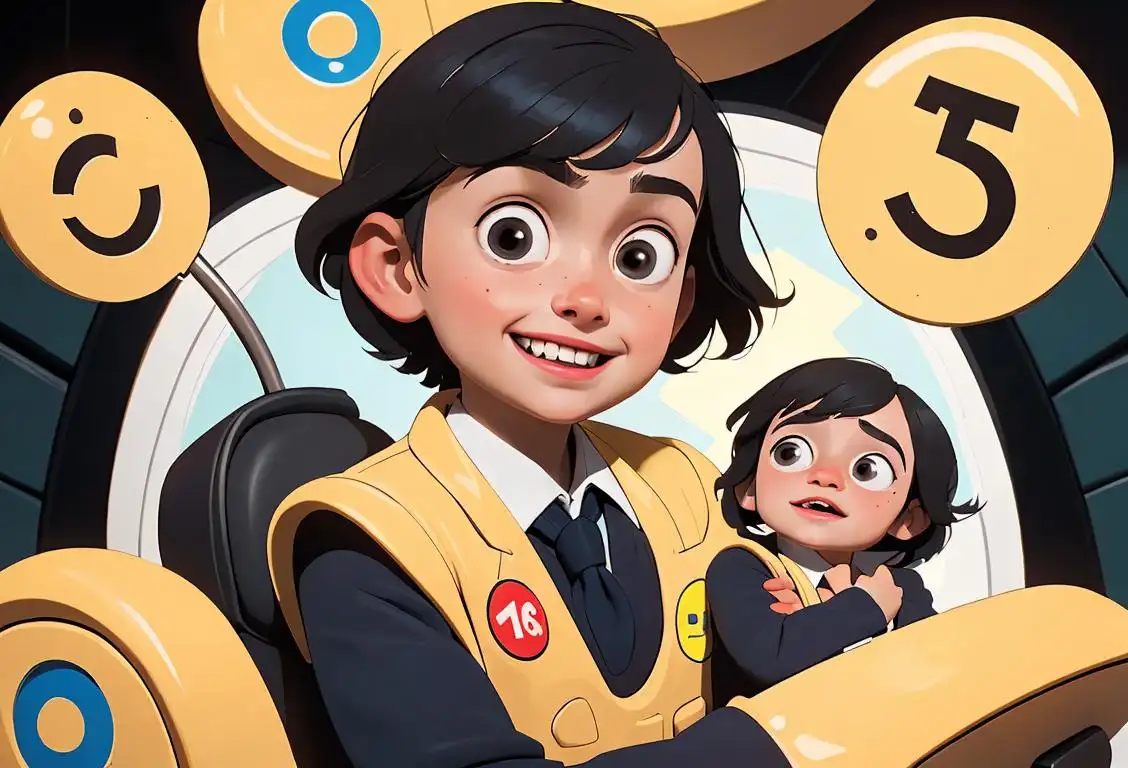National Kindergarten Day

It's time to break out the finger paints and start practicing your ABCs because National Kindergarten Day is here! This special day celebrates the magic of those early years in education when we first discover that sharing is caring and nap time is a sacred institution. So grab your favorite crayons and let's dive into the colorful history of this important day!
When is Kindergarten Day?
It's national kindergarten day on the 21st April.
The Origins of National Kindergarten Day
Every year on April 21st, we come together to honor Friedrich Fröbel, the German educator who revolutionized early childhood education with the creation of the kindergarten. The word 'kindergarten' translates to 'children's garden,' and that's the perfect way to describe this magical place where little ones grow and learn.
Fröbel opened the very first kindergarten in Germany in 1837, and his innovative approach to education quickly gained popularity around the world. He believed in nurturing a child's natural curiosity and creativity through play and hands-on activities. Fröbel's teachings emphasized the importance of music, art, nature, and movement in early childhood development.
Today, kindergartens can be found in nearly every corner of the globe, giving millions of children a strong foundation for their educational journey.
How to Celebrate National Kindergarten Day
Whether you're a kindergartener yourself or just young at heart, there are plenty of ways to celebrate National Kindergarten Day. Here are a few ideas to get you started:
- Visit a local kindergarten and volunteer to read a story or play a game with the children.
- Take a trip down memory lane and watch old home videos or look through photo albums from your own kindergarten days.
- Get creative and create your very own piece of kindergarten-inspired artwork.
- Reach out to your favorite kindergarten teacher and thank them for their dedication and hard work.
Remember, National Kindergarten Day is all about embracing our inner child and celebrating the joy and wonder of those early years of education.
History behind the term 'Kindergarten'
1818
Friedrich Froebel establishes the first kindergarten.
In 1818, Friedrich Froebel opens the very first kindergarten in Bad Blankenburg, Germany. The term 'kindergarten' translates to 'children's garden' in English. Froebel believed in providing young children with a nurturing environment where they could grow and develop their social, emotional, and cognitive skills. His approach focused on play-based learning and the importance of self-expression.
1837
Froebel introduces the term 'kindergarten'.
In 1837, Friedrich Froebel officially introduces the term 'kindergarten' to describe his educational concept. He believed that early childhood education should be seen as a crucial phase in a child's development, where they could explore the world through guided play and structured activities. The term quickly gained popularity and became synonymous with early childhood education.
1840
Kindergarten spreads to other countries.
By the 1840s, the kindergarten movement had spread beyond Germany, reaching countries like Switzerland, Austria, and the United States. Despite facing initial resistance and skepticism, the idea of providing young children with a structured educational environment gained recognition and acceptance in different parts of the world.
1860
Kindergarten becomes a formal part of the education system.
In the 1860s, kindergartens started to be incorporated into the formal education system in various countries. Educational reformers recognized the value of early childhood education and advocated for the integration of kindergartens as a vital foundation for a child's education. Kindergarten was no longer seen as just a temporary preparatory stage for primary school, but as an essential part of a child's educational journey.
1873
Kindergarten influences modern educational practices.
The principles and practices established by Friedrich Froebel's kindergarten influenced modern educational theories and methodologies. Froebel's emphasis on play, hands-on learning, and the importance of fostering creativity and social skills in young children has shaped educational practices worldwide. Kindergarten continues to play a significant role in early childhood education, providing a solid foundation for children's academic and social development.
Did you know?
Did you know that the first kindergarten in the United States was opened in 1856 by Margarethe Schurz, the wife of German revolutionary Carl Schurz? She recognized the importance of early childhood education and brought the concept to America, forever changing the educational landscape.Tagged
fun loved ones educationFirst identified
21st April 2015Most mentioned on
21st April 2020Total mentions
1930Other days
Primary Offer Day
Boarding Day
Kindergarten Day
Teacher Appreciation Week Meets Star Wars Day
Take Our Sons And Daughters To Work Day
Do All The Homework You Neglected Over Thanksgiving Break Day
Puzzle Day
Drop Everything And Read Day
Take Your Child To Work Day
Music Centre To Open Canada Day







